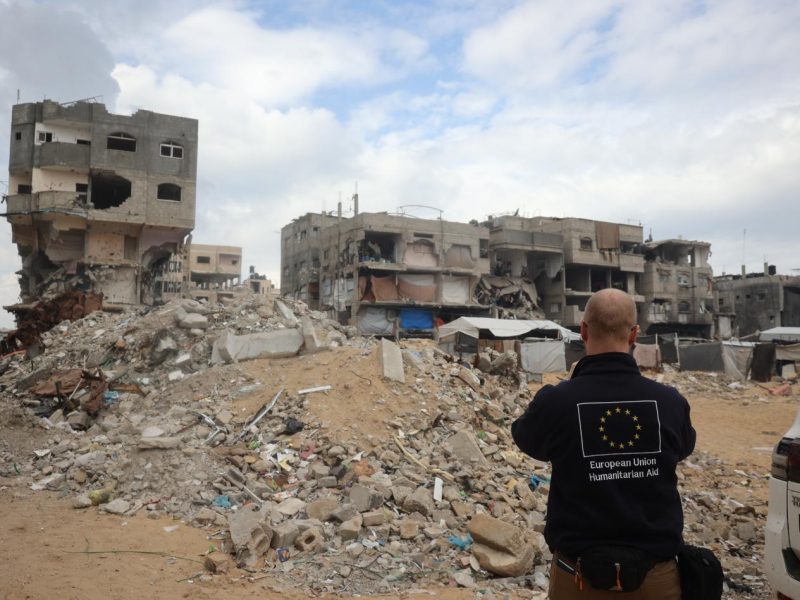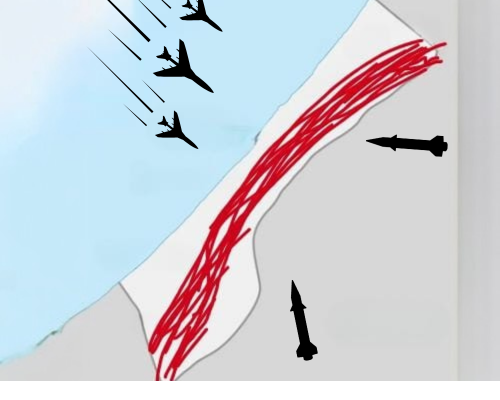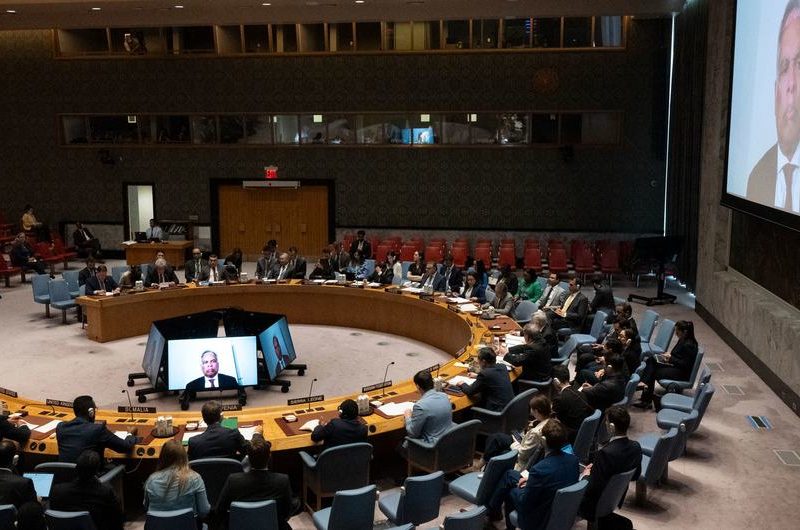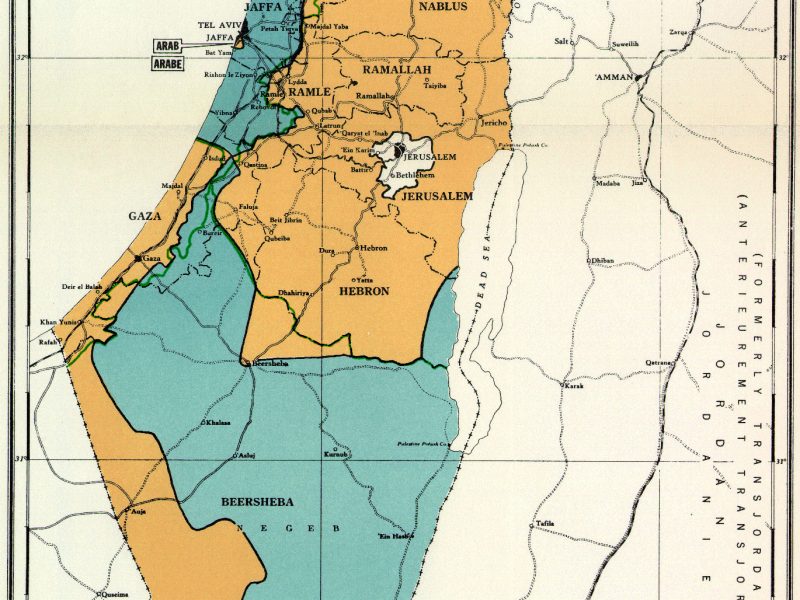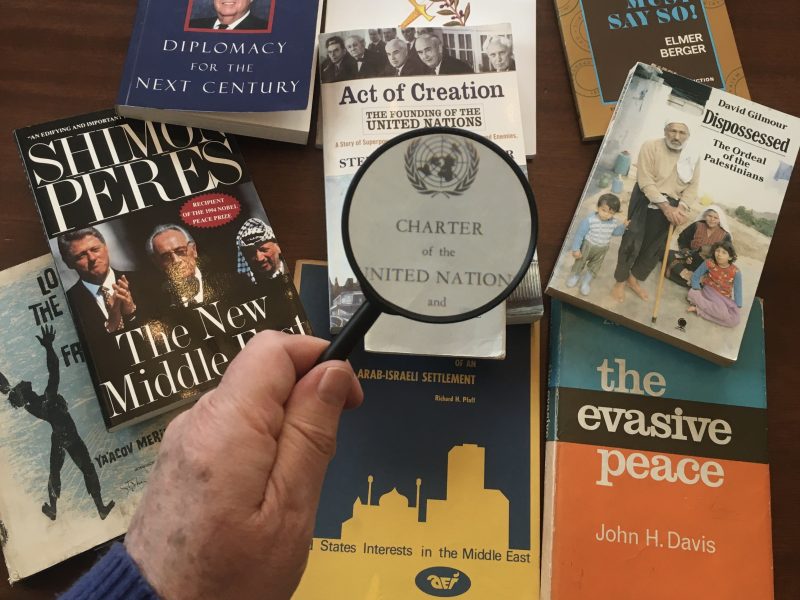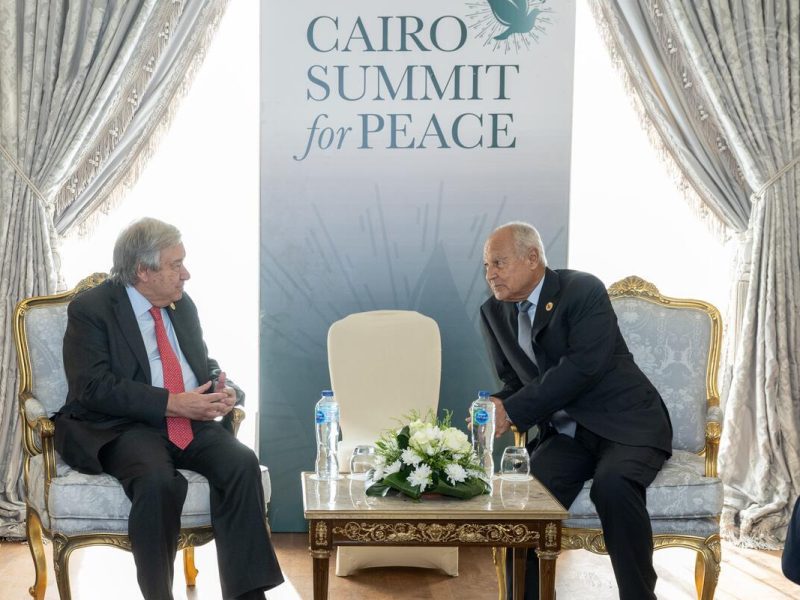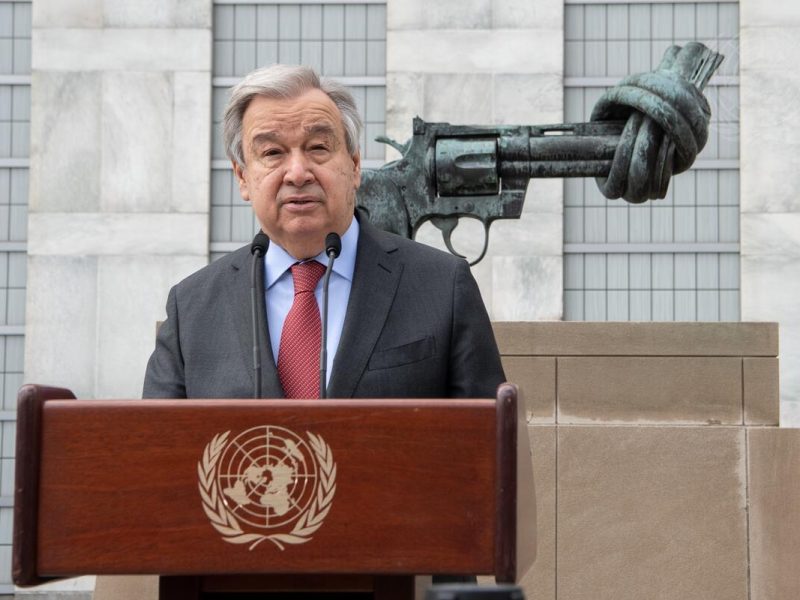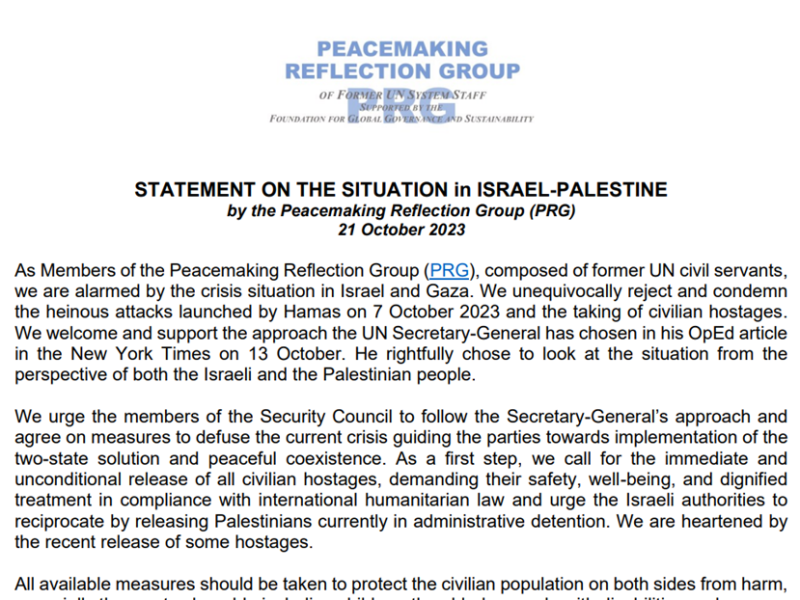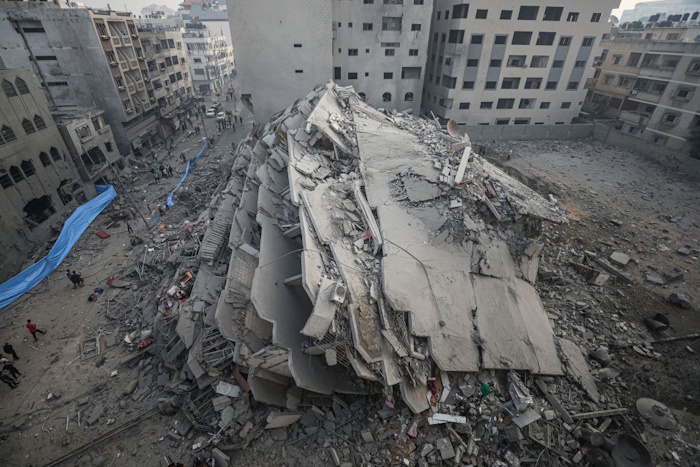Europe’s moral moment: A diplomatic call for justice and peace in Palestine
When 414 of Europe’s most experienced former diplomats, ministers and senior officials speak with one voice, the world ought to listen, and more than the world the EU institutions themselves. The joint statement of the 414, dated 16 October 2025 and titled “From Ceasefire to Peace and Beyond – the EU’s Vital Role”, is more…

